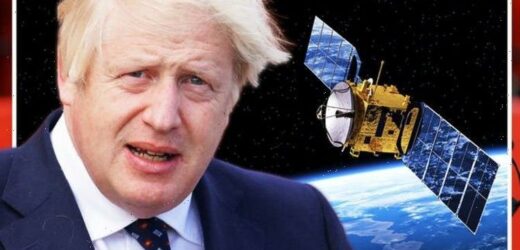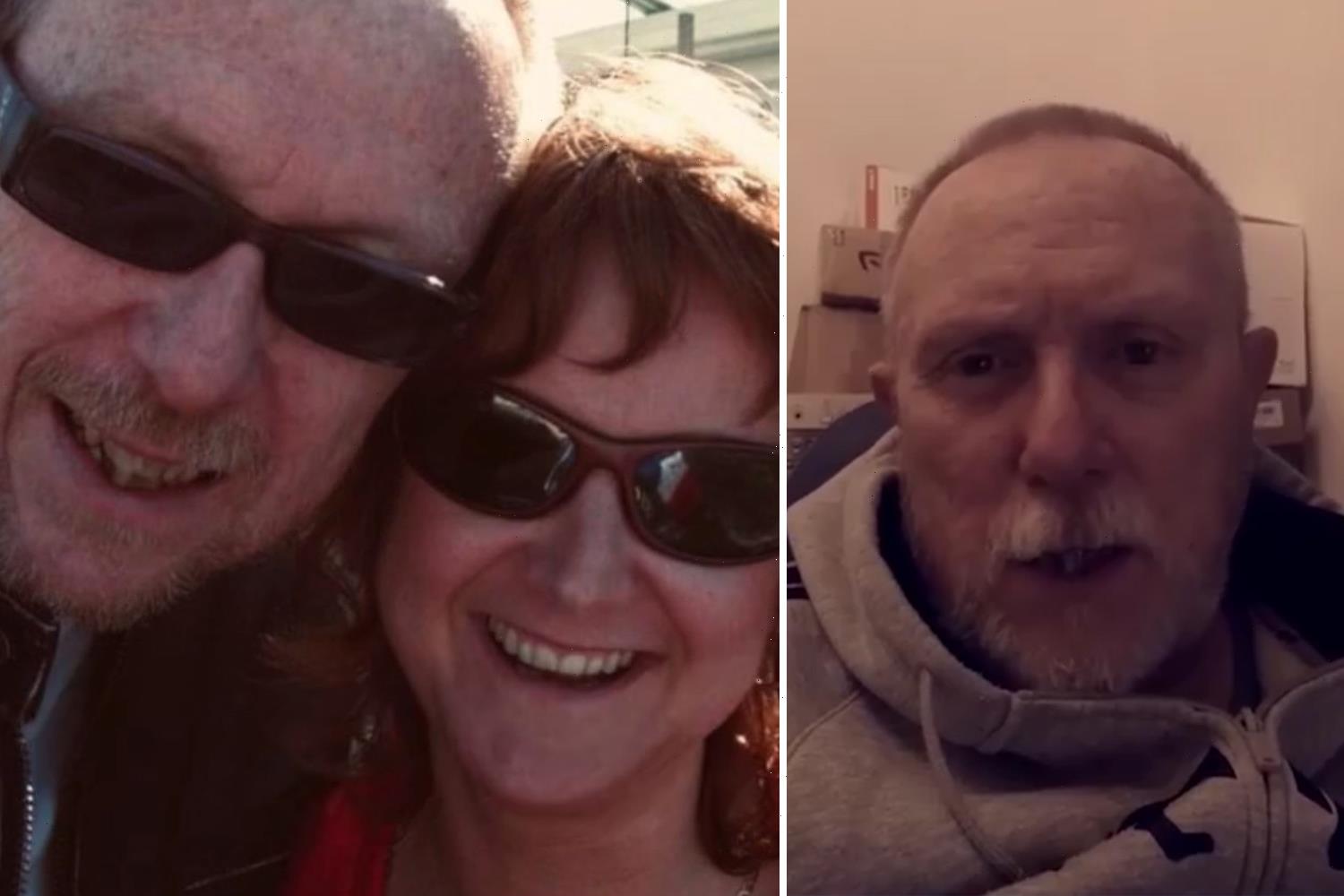Europe showing ‘interest’ in OneWeb says David Morris
We use your sign-up to provide content in ways you’ve consented to and to improve our understanding of you. This may include adverts from us and 3rd parties based on our understanding. You can unsubscribe at any time. More info
On Monday, Prime Minister Boris Johnson opened a £35million centre at Airbus Stevenage, “for the manufacturing of satellites,” before reminding the public in a video about the “deal with did a year ago to buy OneWeb”. OneWeb is the Low Earth Orbit (LEO) broadband constellation, acquired by the Government, along with Bharti Global, to provide “global” Internet coverage, The tech company, based in London, recently declared itself “financially stable” after raising the $2.4billion (£1.73billion) funding necessary to roll out the remaining 650 satellites in its constellation.
It has teamed up with Airbus, Europe’s largest space company, to “design and manufacture” the satellites at Orbit House – Airbus’ state-of-the-art and environmentally friendly new space and defence headquarters.
And Chair of the Parliamentary Space Committee David Morris has told Express.co.uk that it also sets the UK up with another huge opportunity.
He said: “There’s a potential here for OneWeb and Airbus to work together even more in the future.
“Those two, together, could produce a system capable of rivalling Galileo.


“Airbus had a stake in OneWeb before it went bankrupt.
“It has already been working in some capacity with OneWeb, but now we are in the driving seat.
“We can now call the shots on where we take the new technology.”
It comes after the EU chucked the UK out of its Galileo programme.
The Global Navigation Satellite System (GNSS) goes live in 2026, and will feature a Public Regulated Service (PRS) that can be used by government agencies, armed forces and emergency services.

It came after the EU decided this “crucial feature” would only be accessible for bloc members, despite the UK playing a decisive part in its development.
OneWeb was designed as a broadband constellation first and foremost – it will provide rural 4G, and one day 5G, Internet signals across the nation.
It will operate in LEO, as opposed to the medium Earth orbits used by Galileo and GPS.
But while current plans will see OneWeb’s first run of satellites used for broadband, it has been tipped by some for future developments that could include navigation capacity like Galileo.
And Mr Morris, who is MP for Morecambe and Lunesdale, said that the UK’s decision to leave the EU has now been “vindicated”.
He added: “It shows that OneWeb was a good Government investment, it vindicates the decision to leave the EU and allows us to take back sovereignty of our own assets in space.
“We are on the verge of doing more of these kinds of projects in the future too – not just with OneWeb.
DON’T MISS
UK to launch own satellite with Space Command ‘to combat Russia threat [REVEALED]
Coronavirus: Psychological impact of mask-wearing [EXPOSED]
Boris Johnson’s plan to slash your energy bill by £750 [REVEALED]

“We want more high-tech companies to come forward.
“The Advanced Research and Invention Agency (ARIA) bill is going through Parliament – now we need someone to be able to take control of it.”
Mr Morris believes there is more good news on the way for Brexit Britain.
He continued: “This is going beyond what OneWeb was originally acquired for.
“We are now expanding a great company and bringing more jobs to the UK.
“It’s also the intentions of the Government to bring OneWeb back to British shores.
“It’s currently stationed in the NASA estate. But it would be great to open up another base here.”

Indian company Bharti Global and the Government jointly bought OneWeb out of Chapter 11 bankruptcy for $1billion (£730million) last year.
The New Delhi-based telecoms company has since invested a further $500million (£362million).
It comes after Paris-based Eutelsat also declared a $550million (£400million) investment, a move which is said to have angered some in Brussels.
Bharti will be the company’s largest shareholder with a 38.6 percent stake, while the Government, Eutelsat, and Japan’s Softbank will each hold 19.3 percent.
Source: Read Full Article


